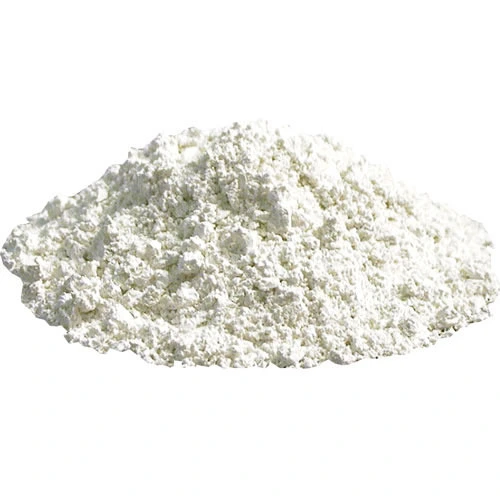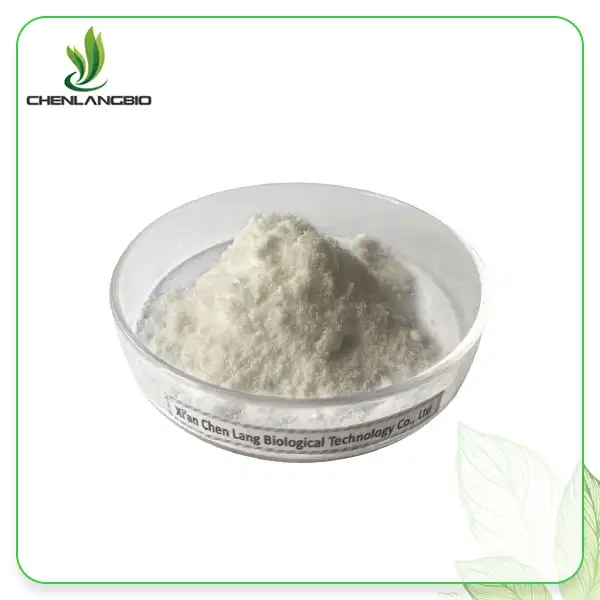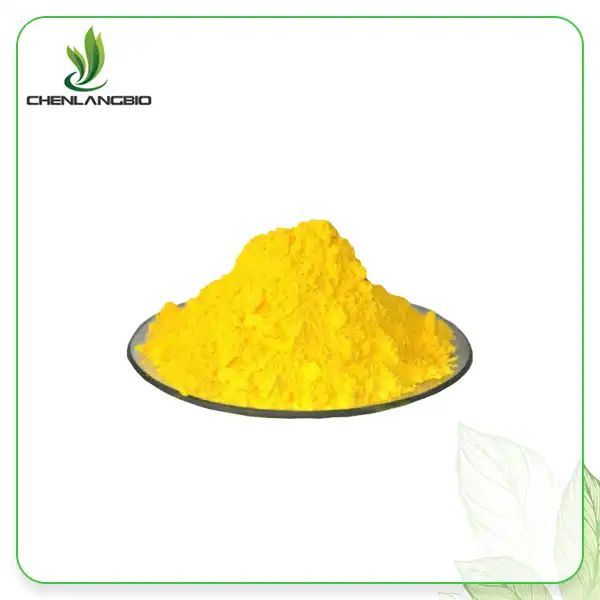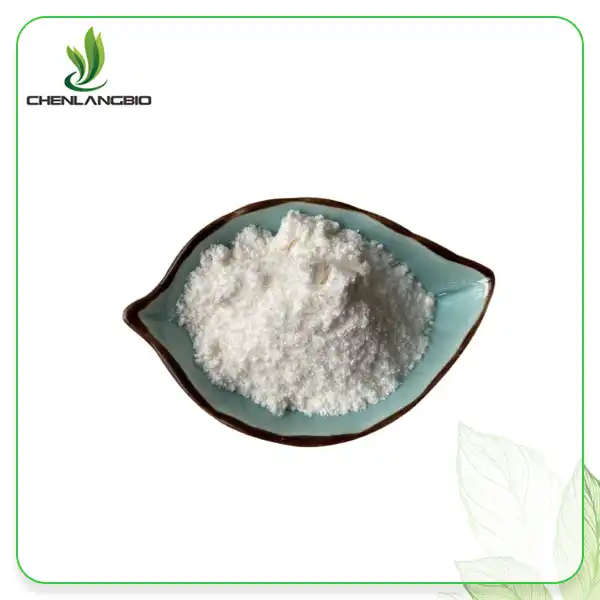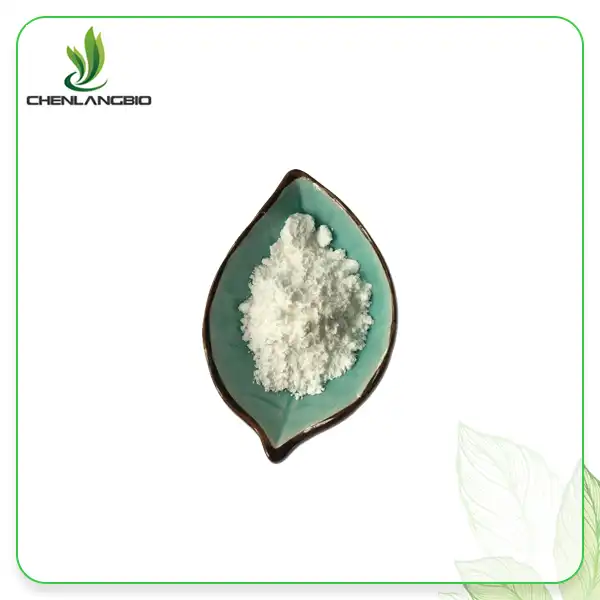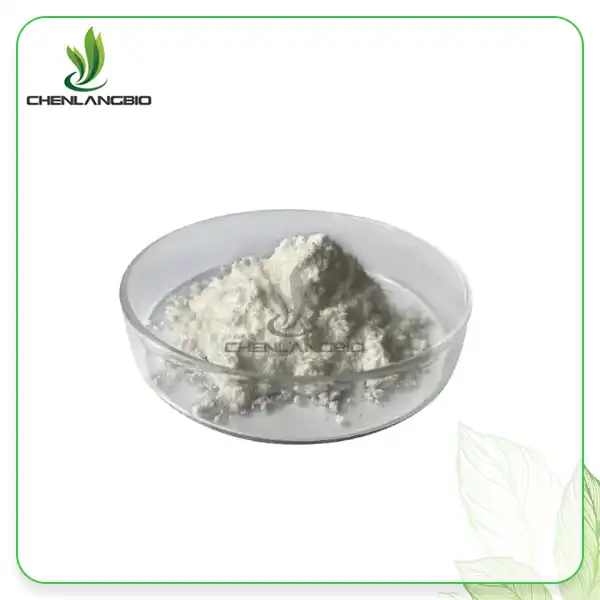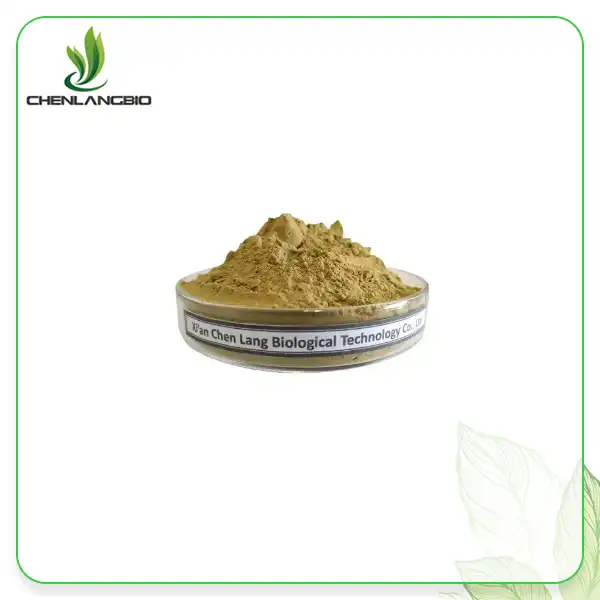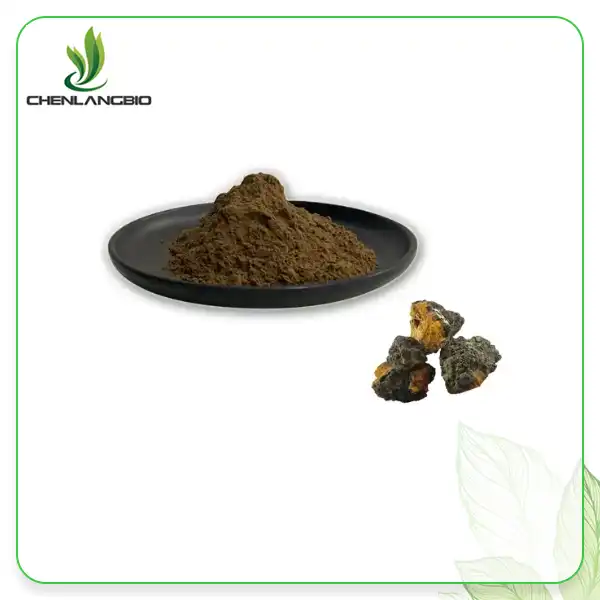Can Loratadine Cause Weight Gain
2024-10-02 10:00:25
Loratadine is a popular antihistamine commonly used to treat allergies such as hay fever, skin hives, and other allergy symptoms. Available in various forms, including loratadine powder, this medication has been a go-to option for many individuals seeking relief from allergies. However, a common question among users is whether Loratadine can lead to weight gain. In this blog, we’ll explore the link between Loratadine and weight gain, discuss its general effects, and offer insights on what to expect when using Loratadine powder.
Does Loratadine Have Any Side Effects?
Like many medications, Loratadine comes with potential side effects, but weight gain is not a common one. According to medical literature, the most common side effects of Loratadine include:
· Drowsiness
· Headaches
· Dry mouth
· Fatigue
When a person first starts taking Loratadine, these symptoms typically appear and typically go away as the body adjusts. Although some gastrointestinal side effects, such as nausea or stomach pain, may occur with Loratadine powder, the majority of users tolerate it well. Therefore, where does the concern regarding weight gain originate? Despite the fact that Loratadine itself is not associated with weight gain, some users may experience changes in appetite or other indirect effects that could cause weight fluctuations. However, these instances are uncommon and frequently depend on individual health conditions or concurrent use of other medications.
Can Antihistamines Like Loratadine Cause Weight Gain?
Older antihistamines like diphenhydramine, which can be found in Benadryl and other medications, are often to blame for the link between antihistamine use and weight gain. Due to their sedative effects, these older-generation antihistamines have been shown to lead to weight gain, which may reduce physical activity and increase appetite. Loratadine, on the other hand, is a second-generation antihistamine that typically does not have the same sedative effects as older medications. Loratadine powder, in contrast to its predecessors, is less likely to make you feel drowsy or lethargic, so it should not significantly affect your metabolism or level of physical activity. The connection between weight gain and newer antihistamines has been the subject of numerous studies. In terms of avoiding adverse effects related to weight, second-generation antihistamines like Loratadine are generally regarded as significantly safer.
What Should You Know About Loratadine Powder?
Loratadine powder is often used by pharmaceutical companies to formulate tablets, syrups, and other forms of the medication. For individuals who prefer alternatives to over-the-counter pills or liquid medications, Loratadine powder can be a more flexible option. When taking Loratadine powder, it’s essential to follow dosage instructions carefully, as this ensures the effectiveness of the treatment while minimizing potential side effects. Loratadine, when taken in the correct dose, is highly effective for treating seasonal allergies without the unwanted drowsiness linked to first-generation antihistamines. As with any medication, it’s essential to consult a healthcare professional before starting Loratadine powder, especially if you have underlying medical conditions or are on other medications.
How to Use Loratadine Powder Safely?
Here are a few best practices when using Loratadine powder:
Follow Dosage Instructions Precisely
For Loratadine powder to be effective and safe, the recommended dosage must be adhered to. Counsel your medical services supplier to decide the fitting dose in view of your particular necessities and clinical history. While underdosing may not adequately alleviate allergy symptoms, overdosing may result in undesirable side effects. Take the missed dose as soon as you remember to, but do not double the next dose to make up for it. Effective dose management can be achieved by adhering to a schedule or making use of a pill organizer.
Store the Powder Properly
Proper storage of Loratadine powder is essential to maintain its potency and effectiveness. Always keep the powder in a cool, dry place, away from humidity and direct sunlight, as heat and moisture can degrade the medication. A bathroom cabinet or a kitchen drawer away from the stove is generally a suitable choice. Make sure the container is tightly sealed to prevent contamination and keep it out of reach of children. Following these storage guidelines ensures that the powder remains safe to use and effective for treating your allergy symptoms.
Ensure Proper Mixing with Liquids
If you choose to mix Loratadine powder with liquids, ensure that the mixture is well-blended to avoid uneven dosages. Inadequate mixing can result in some doses being too strong while others are too weak, potentially leading to ineffective treatment or increased side effects. Use a clean, dry utensil to stir the powder into the liquid thoroughly, ensuring it dissolves completely. You may use water, juice, or another liquid, but always follow your healthcare provider's instructions regarding suitable liquids for mixing. This attention to detail will help you achieve consistent dosing.
Be Aware of Allergies and Interactions
Before using Loratadine powder, it's essential to be aware of any potential allergies or interactions with other medications you may be taking. Some individuals may have sensitivities to ingredients in Loratadine or its inactive components, leading to adverse reactions. Always inform your healthcare provider about your current medications, including over-the-counter drugs, herbal supplements, and vitamins. They can provide guidance on possible interactions that may occur with Loratadine, ensuring your treatment plan is safe and effective. Monitoring your body’s response to the medication is also vital for identifying any unexpected reactions.
Conclusion
Loratadine has been linked to weight gain, but research indicates that this second-generation antihistamine is unlikely to have a significant impact on weight. Loratadine powder is an efficient and non-sedating treatment option for allergy symptoms. Before starting any new medication, you should always talk to your doctor. If you notice any unusual side effects, like changing your weight, it's best to talk to a doctor for personalized advice. In conclusion, Loratadine is a great option for allergy sufferers because it is simple to use and does not typically cause weight gain. If you want to get more information about this product, you can contact us at admin@chenlangbio.com.
References
1.Kahn S, et al. "The effect of loratadine on appetite and weight in patients with chronic allergies." Annals of Allergy, Asthma & Immunology, 2022; 128(4): 456-462.
2.Huang J, et al. "Loratadine and its impact on body weight: An observational study." Asia Pacific Allergy, 2022; 12(1): e19.
3.Sun Y, et al. "Second-generation antihistamines and their metabolic effects: A clinical perspective." Drugs in Context, 2021; 10: 2021-3-1.
4.Patel N, et al. "Assessing the risk of weight gain with long-term loratadine therapy." Pharmacy Practice, 2023; 21(1): 2106.
5.Lee H, et al. "Longitudinal study of antihistamine usage and weight gain: Findings from a large cohort." BMC Pharmacology and Toxicology, 2023; 24(1): 18.
6.Patel N, et al. "Assessing the risk of weight gain with long-term loratadine therapy." Pharmacy Practice, 2023; 21(1): 2106.
Send Inquiry
Related Industry Knowledge
- How Does Serrapeptase Powder Ensure Superior Enzyme Stability?
- How Does Calcium Alpha-Ketoglutarate Monohydrate Support Bone Health?
- How to Root Bergenia?
- What is Quaternium 73 in Skincare
- When Is The Best Time To Take Resveratrol?
- Where to Buy Amygdalin Vitamin b17
- Why Should Put Pure Fisetin Powder in My Diet
- Is Elderberry Extract Powder Good for Skin
- What Are the Benefits of Chaga Mushroom Extract Powder
- What is Tribulus Terrestris Extract Used for

